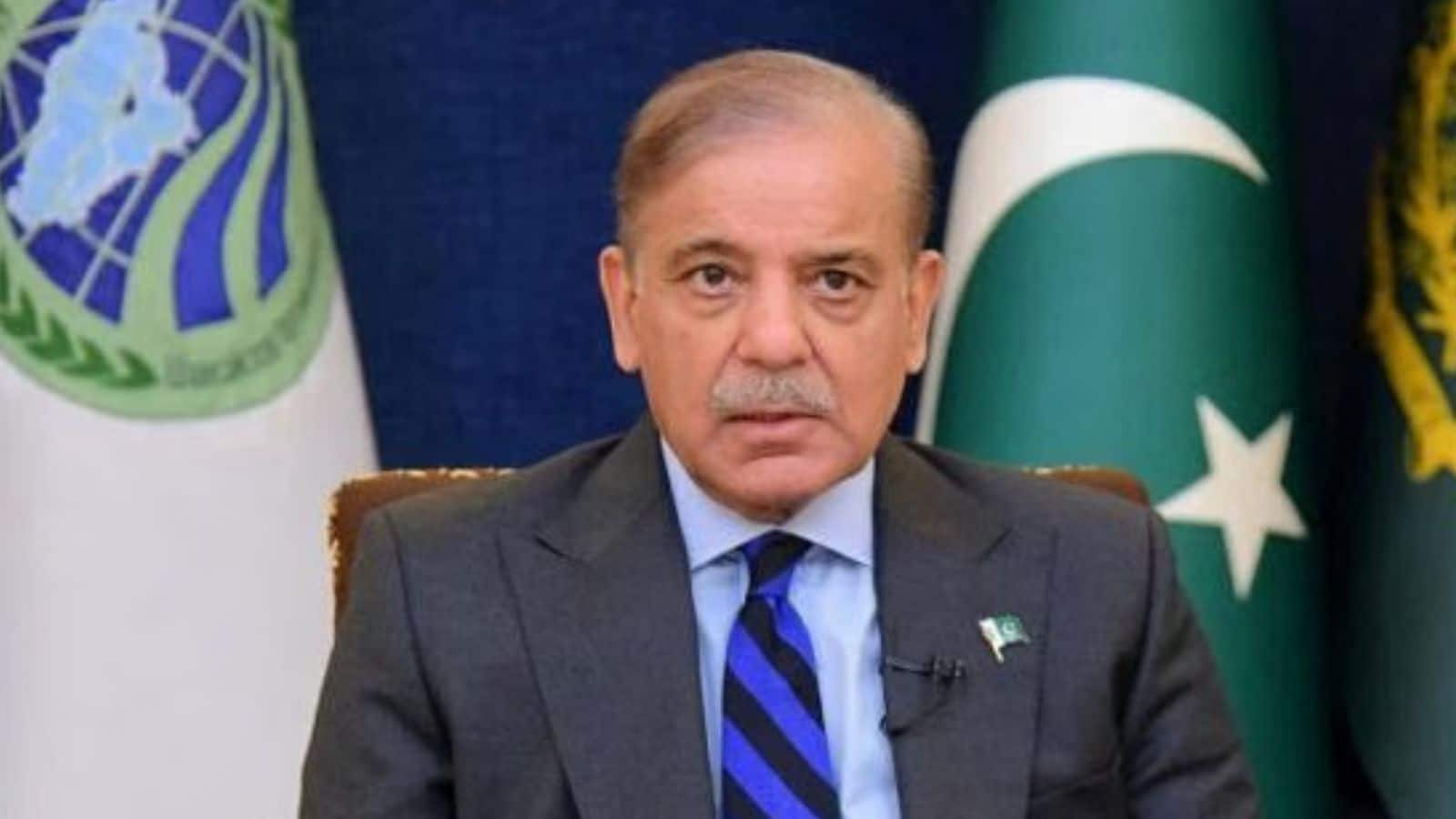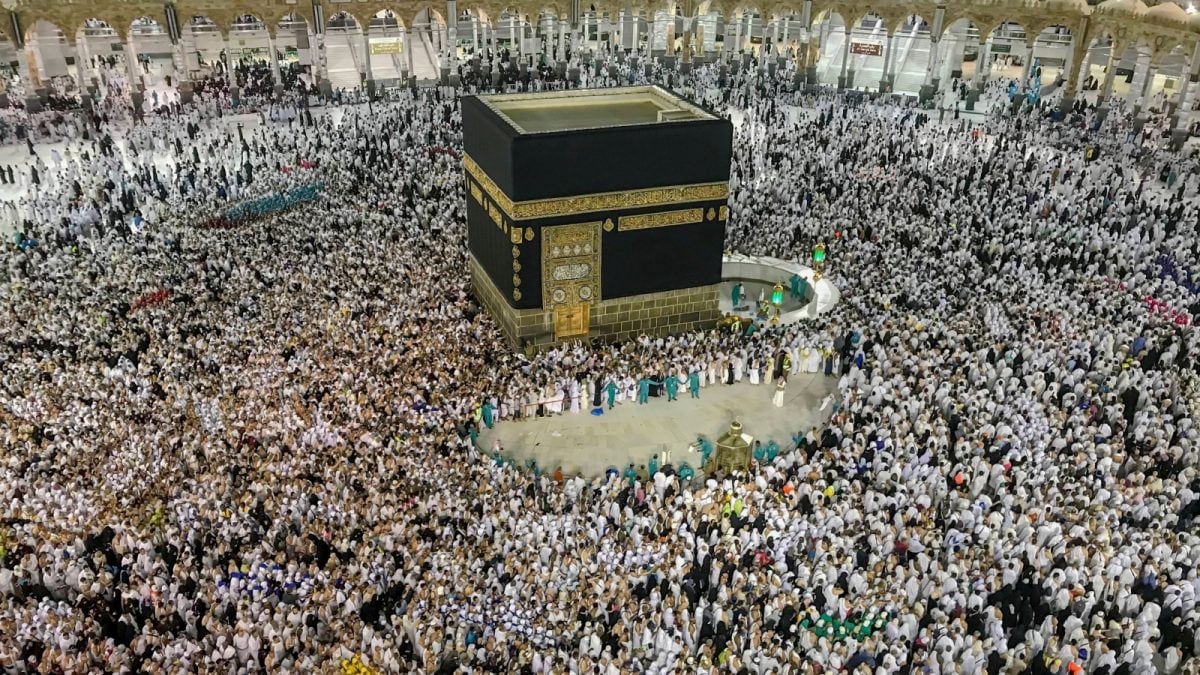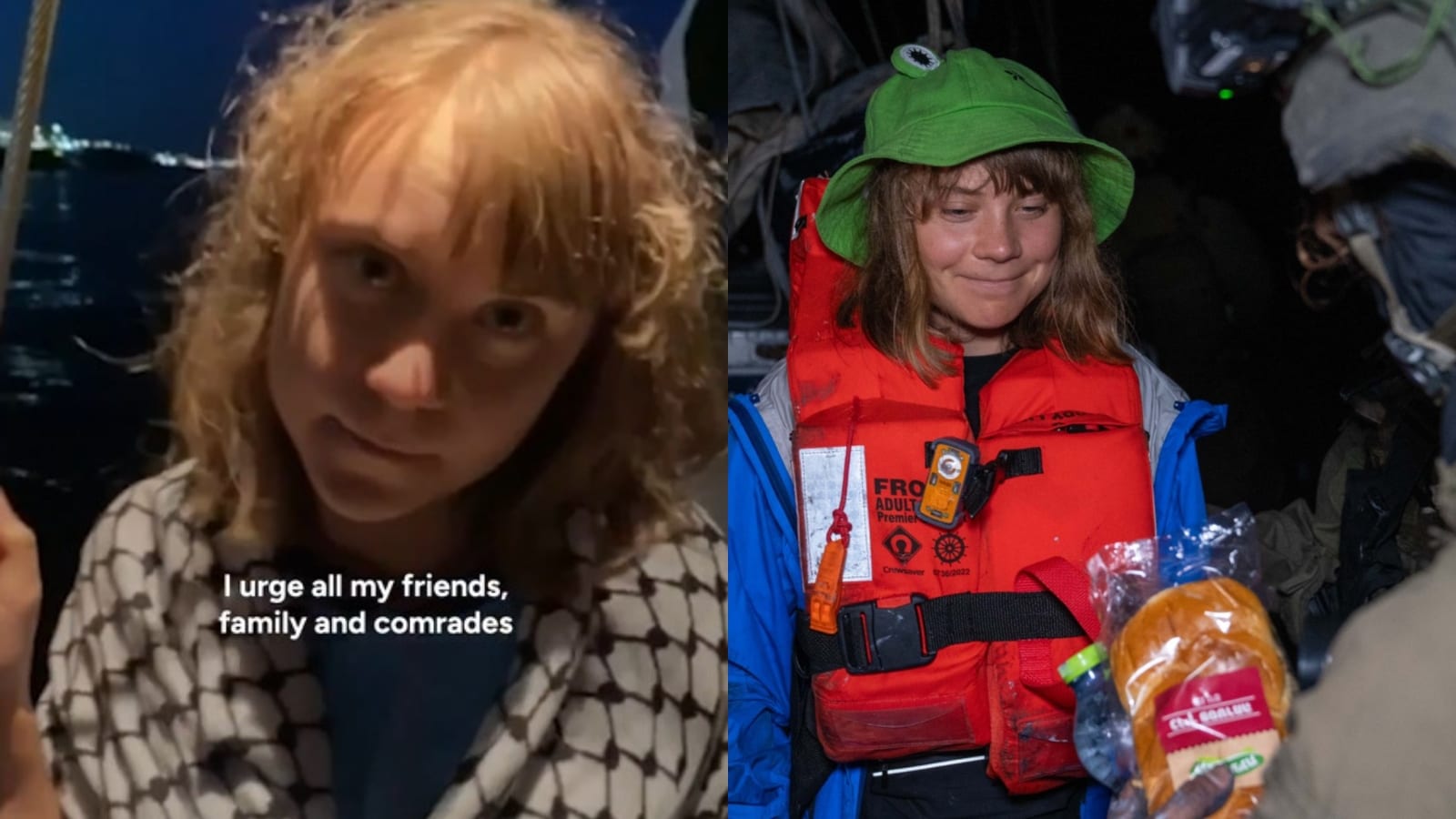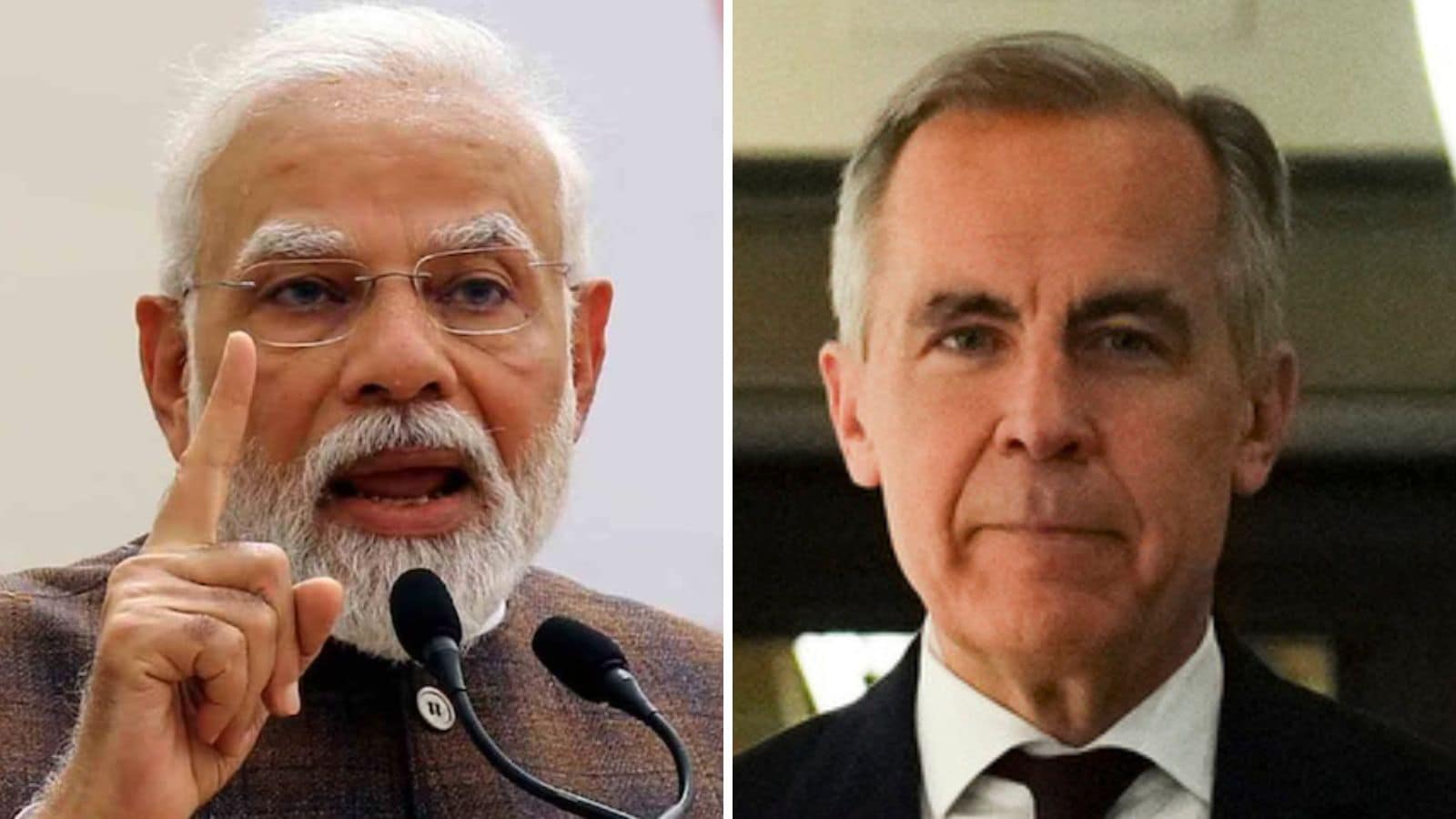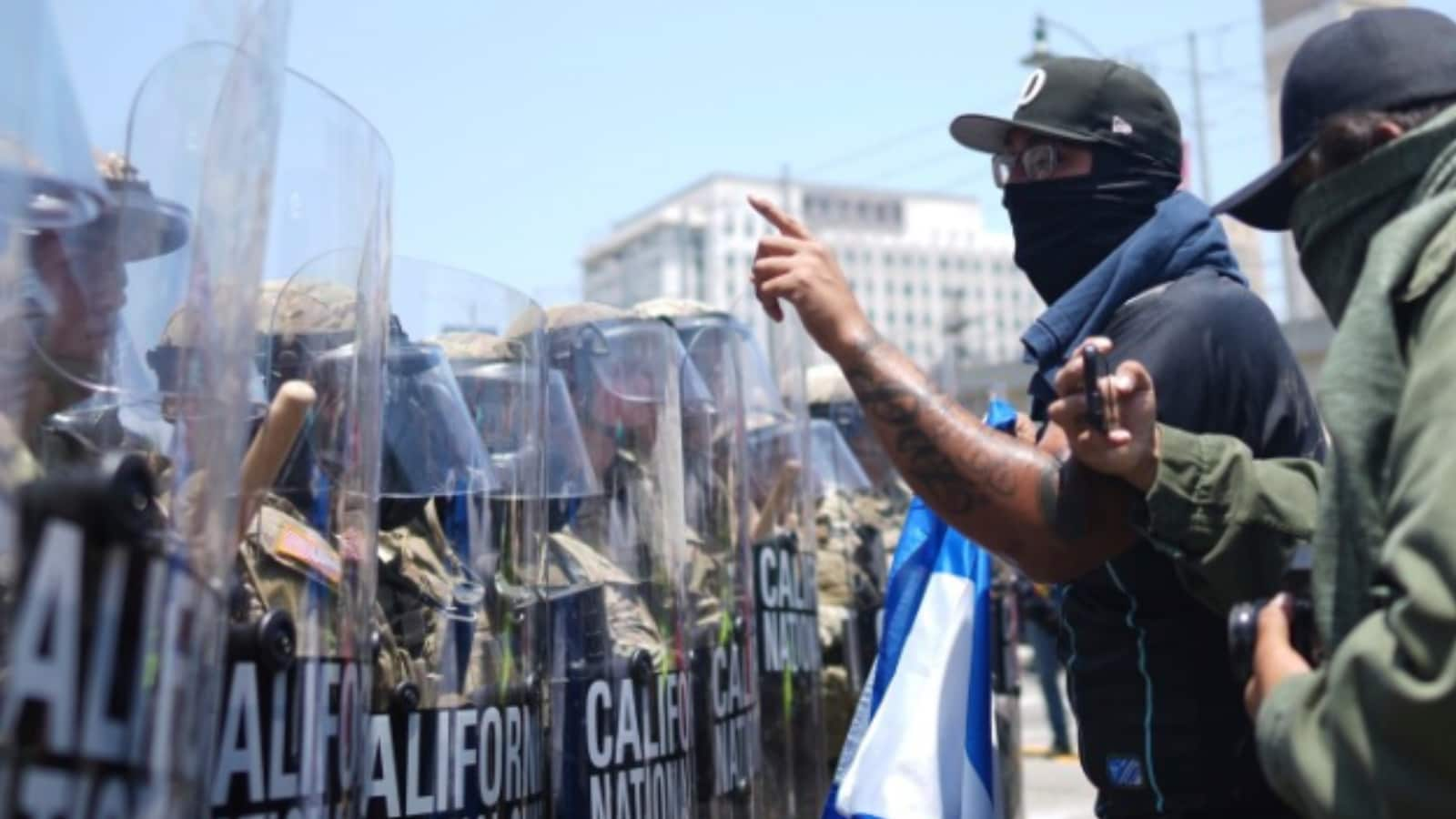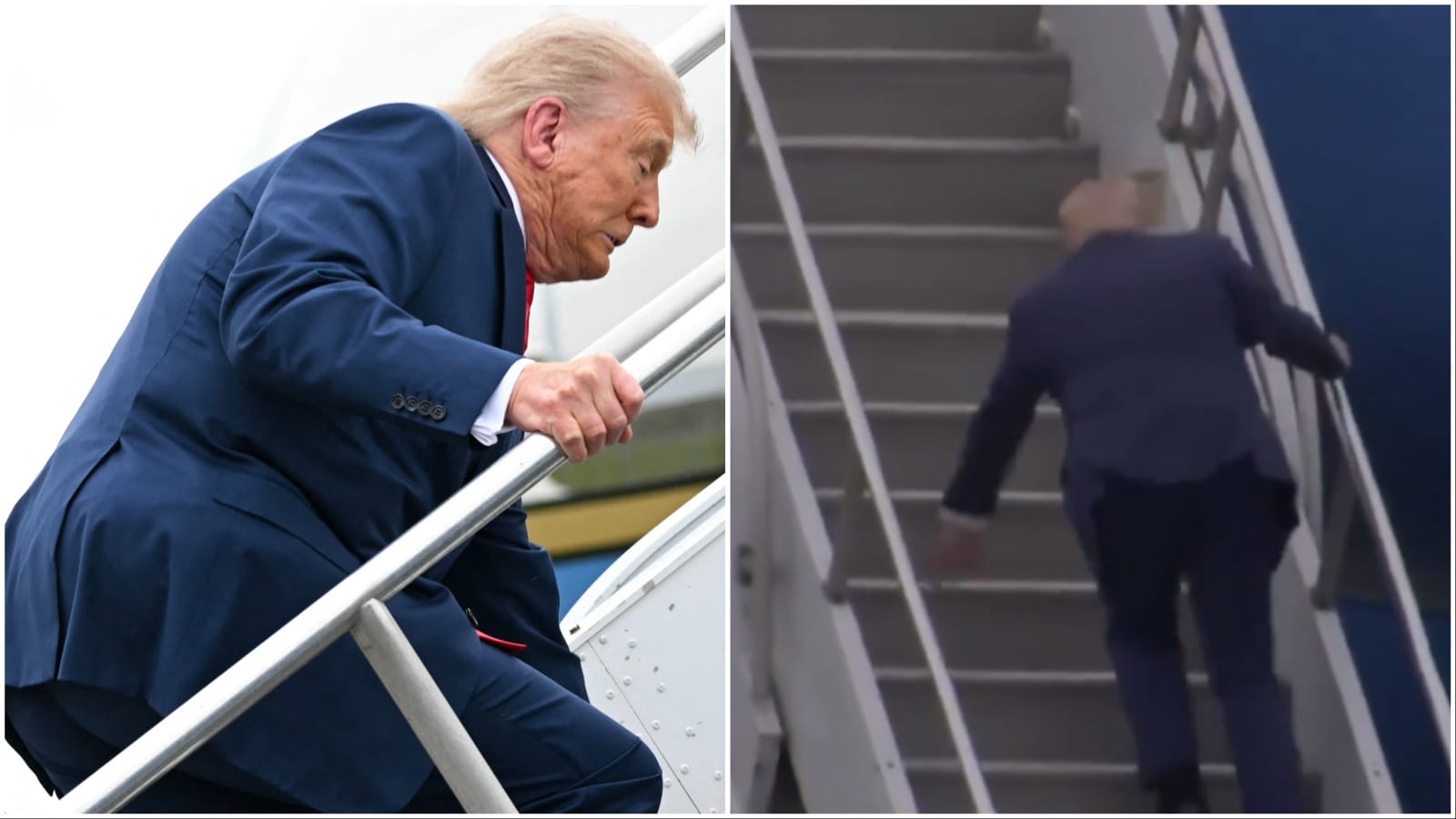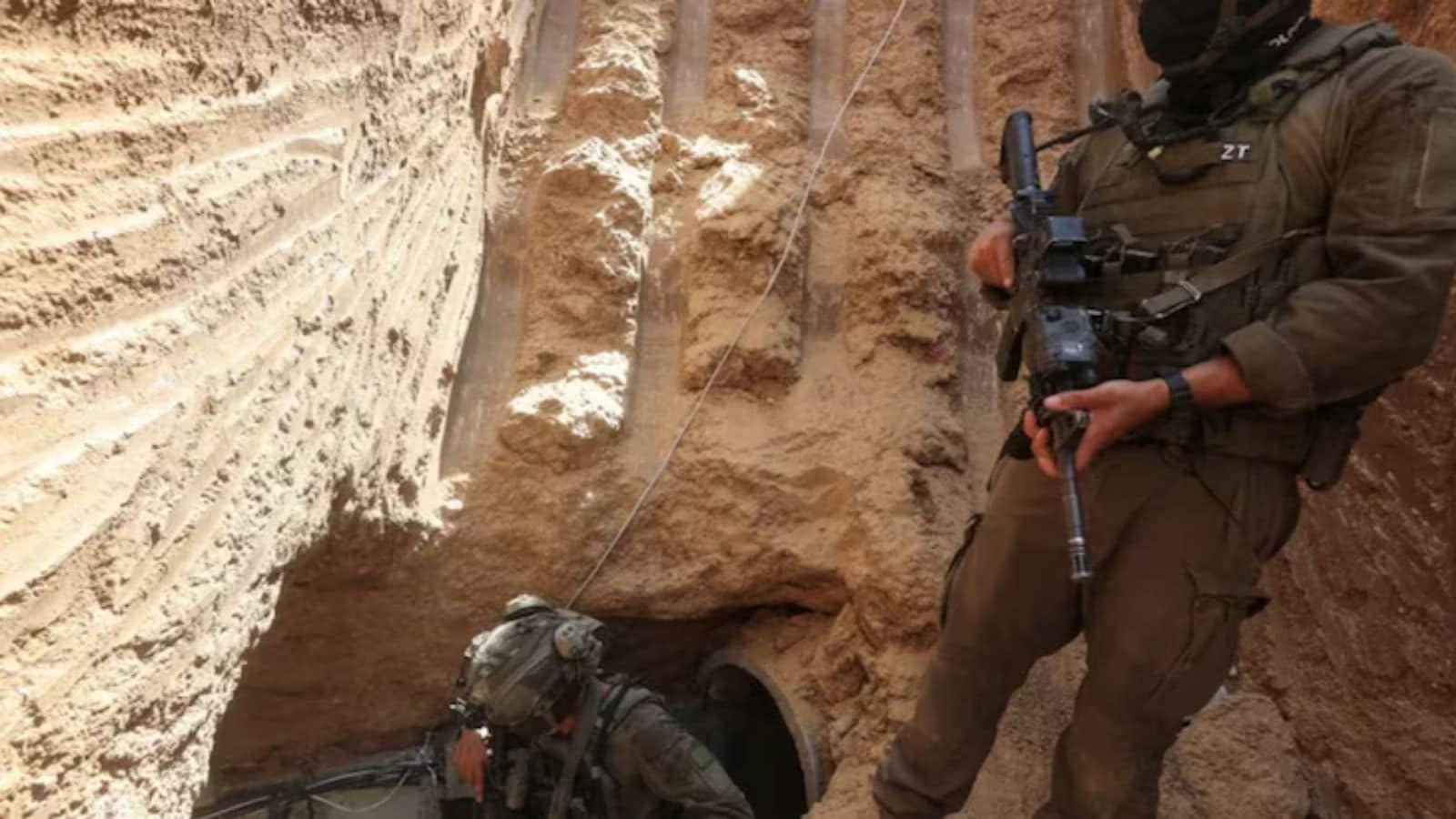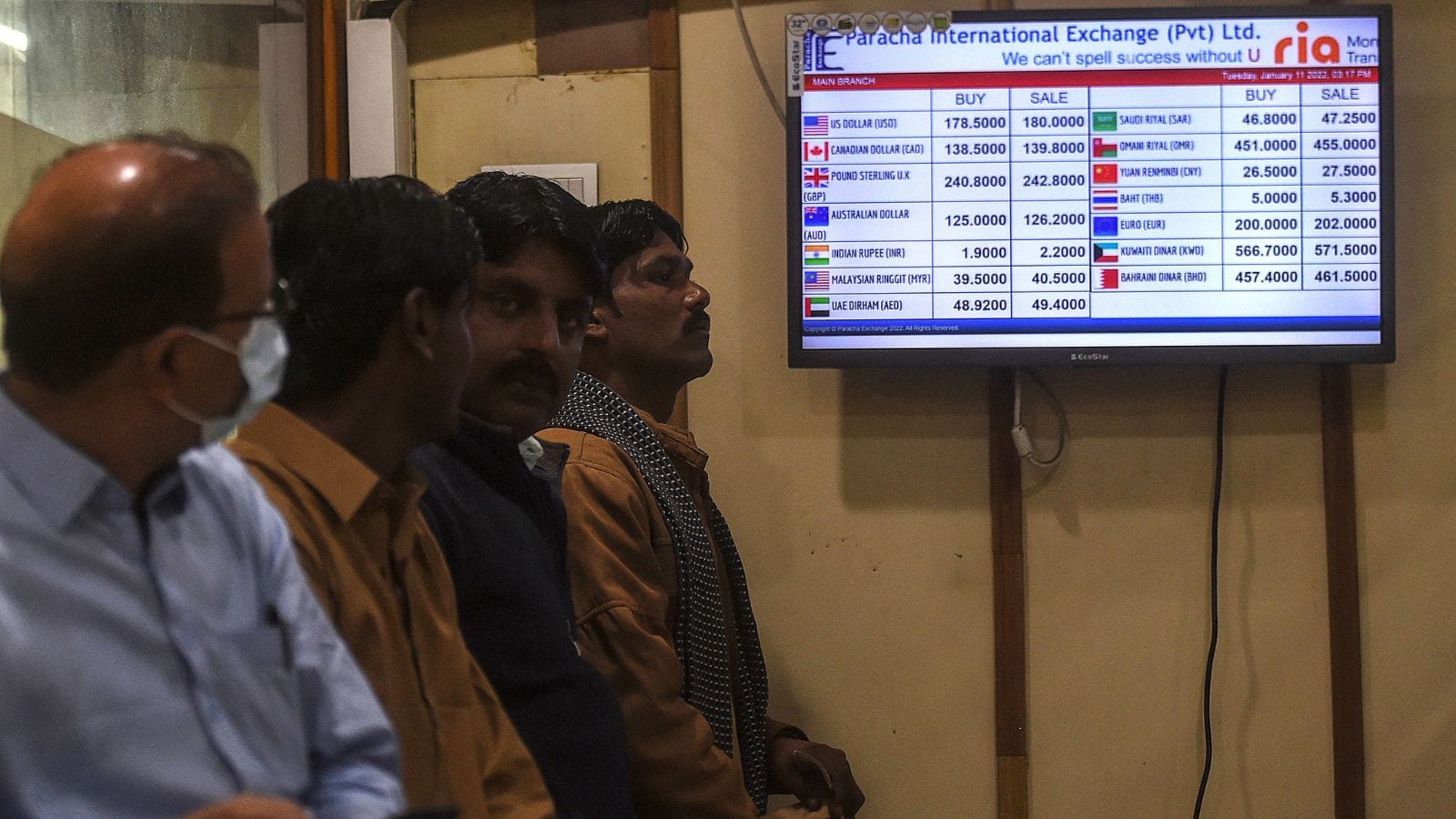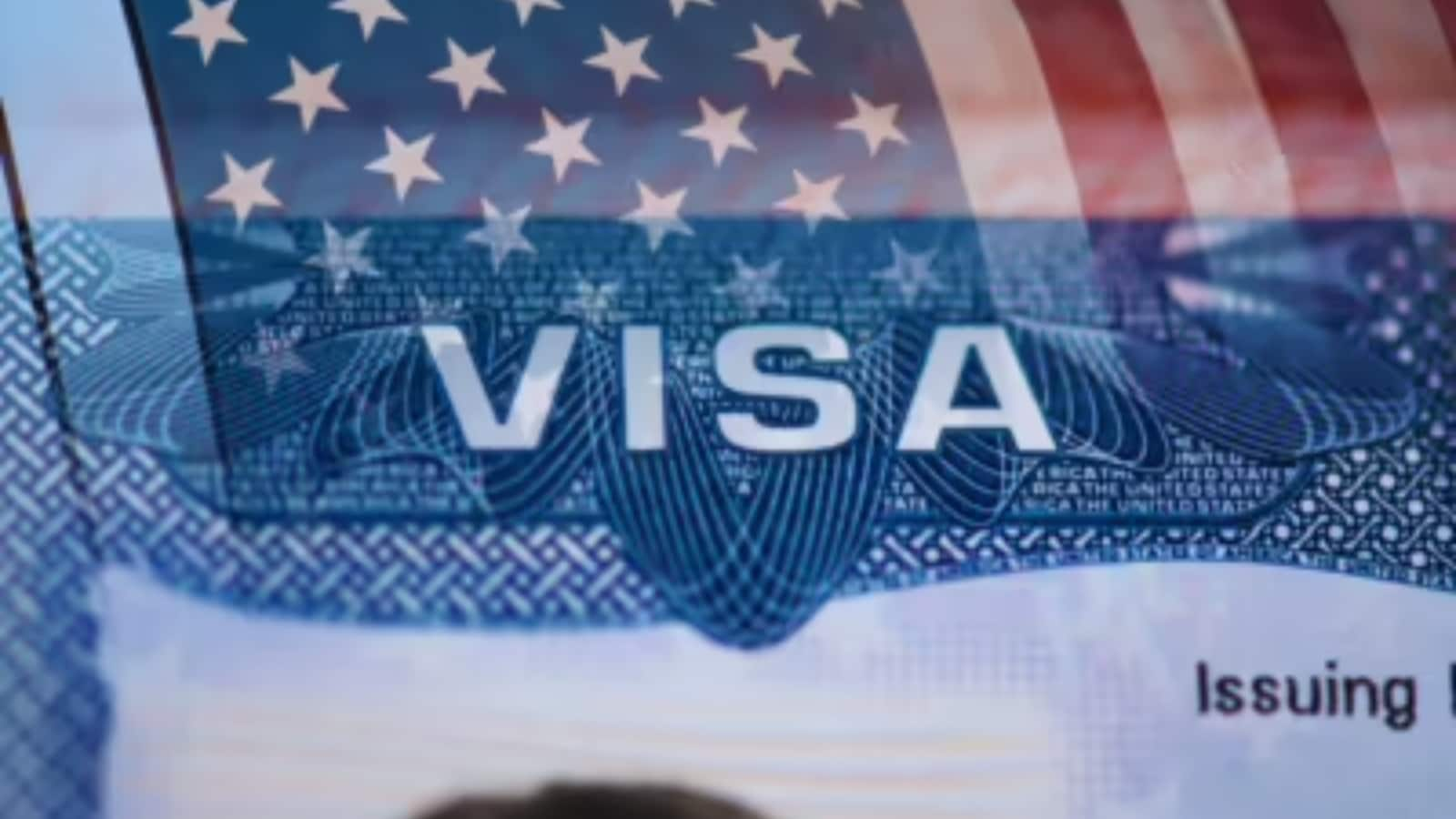Last Updated:June 09, 2025, 13:39 IST
Dr Shakil Afridi, who helped the CIA locate Osama Bin Laden, remains imprisoned in Pakistan with US Congressman Brad Sherman urging Pakistan to release him

Dr Shakil Afridi remains imprisoned in Pakistan for aiding the CIA in tracking Osama Bin Laden. (AP Photo)
To the United States, he is a hero who played a crucial role in one of the most consequential manhunts in modern history. To Pakistan, he’s a traitor whose actions embarrassed the nation and revealed gaping holes in its security establishment. Fourteen years on, Dr Shakil Afridi, the Pakistani doctor who aided the CIA in tracking down Osama Bin Laden, continues to languish in a prison cell with his fate sealed in secrecy, politics, and silence.
Now, his case has returned to the diplomatic spotlight.
US Congressman Brad Sherman reignited the call for Dr Afridi’s release, urging a Pakistani delegation led by former Foreign Minister Bilawal Bhutto Zardari to press Pakistan to free the incarcerated doctor. Releasing Dr Afridi would be a meaningful gesture, especially for the families who lost loved ones in the 9/11 attacks, Sherman said. His plea underscores a longstanding strain in US-Pakistan relations over the issue.
Who Is Dr Shakil Afridi?
Dr Shakil Afridi was a government doctor in the restive Khyber tribal region when he was approached to run a vaccination campaign; not for public health, but for espionage. Under the guise of a hepatitis B immunisation drive, Dr Afridi’s job was to collect DNA samples from residents in Abbottabad, a military garrison town about 160 kilometres from Peshawar. US intelligence agencies hoped these samples would confirm the presence of Osama Bin Laden in a mysterious compound there.
According to reports from Geographic and the BBC, in April 2011, Dr Afridi knocked on the gates of the fortress-like house where Bin Laden was hiding. The plan was to gather biological evidence without arousing suspicion. While it remains unclear whether he ever secured DNA samples from Bin Laden’s relatives, the information he helped gather confirmed suspicions about the terror chief’s location.
On May 2, 2011, US Navy SEALs stormed the Abbottabad compound and killed Osama Bin Laden. The raid stunned the world, and humiliated Pakistan. That Bin Laden had been living for years near a prestigious military academy without detection triggered global questions about Pakistan’s role or negligence.
Dr Afridi’s life had been tumultuous even before his involvement in the Bin Laden operation. In 2008, he was abducted by Mangal Bagh, a terrorist who led Lashkar-e-Islam, a Pakistani terror group. His family was forced to pay a ransom of 1 million Pakistani rupees for his release. Afterward, Dr Afridi briefly moved to the US but returned to Pakistan in 2009, reportedly dissatisfied with American life.
Twenty days after Bin Laden’s death, on May 23, 2011, Pakistani authorities arrested Dr Afridi. Initially charged with treason – a charge not formally pursued – he was instead convicted in 2012 by a tribal court for allegedly financing Lashkar-e-Islam. Ironically, the “financing" was the ransom money his family paid for his own freedom years earlier. He was sentenced to 33 years in prison under archaic colonial laws, later reduced to 23 years on appeal.
Dr Afridi, now held in the high-security Sahiwal Central Jail in Punjab province, has remained largely invisible since. A rare interview he gave to Fox News from prison in 2012 detailed how he was beaten and tortured by Pakistani intelligence operatives. His appeal remains pending in court, and his legal fate is tangled in bureaucratic inertia and political unease.
Did He Know the Target Was Osama Bin Laden?
A lingering mystery remains: Did Dr Afridi know he was helping hunt the world’s most wanted terrorist? Some US officials suggest he had no idea. A Geographic report claims that while he cooperated with the CIA, he likely did not know that the target was Osama Bin Laden. To Pakistan, however, the nuances hardly matter. His collaboration with a foreign intelligence agency was, in the words of former ISI chief Asad Durrani, “one of the most unforgivable crimes".
“There was so much public outrage," Durrani said in a 2021 interview, “his arrest possibly saved him from being lynched."
Since his arrest, Dr Afridi’s family has vanished from public view. His wife, once a principal at a government school, and their three children have reportedly been living underground due to continuous threats from terrorist groups and hardline sympathisers. Their location remains undisclosed for safety reasons.
There were discussions over a possible prisoner swap – Dr Afridi in exchange for Dr Aafia Siddiqui, a Pakistani neuroscientist convicted in the US on terrorism charges. But the talks stalled, and no deal was ever reached.
Location :Islamabad, Pakistan
First Published:News world Free The Doctor Who Helped Track Down Osama Bin Laden, US Congressman Tells Bilawal Bhutto

 3 hours ago
3 hours ago
